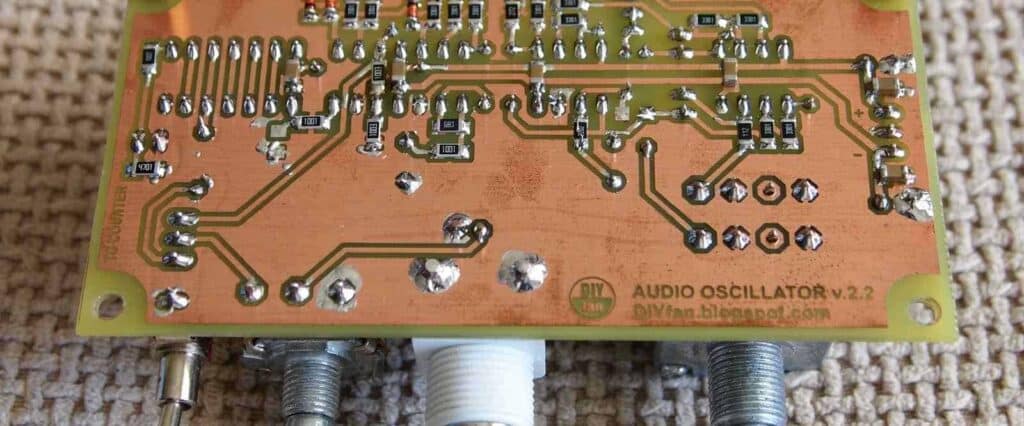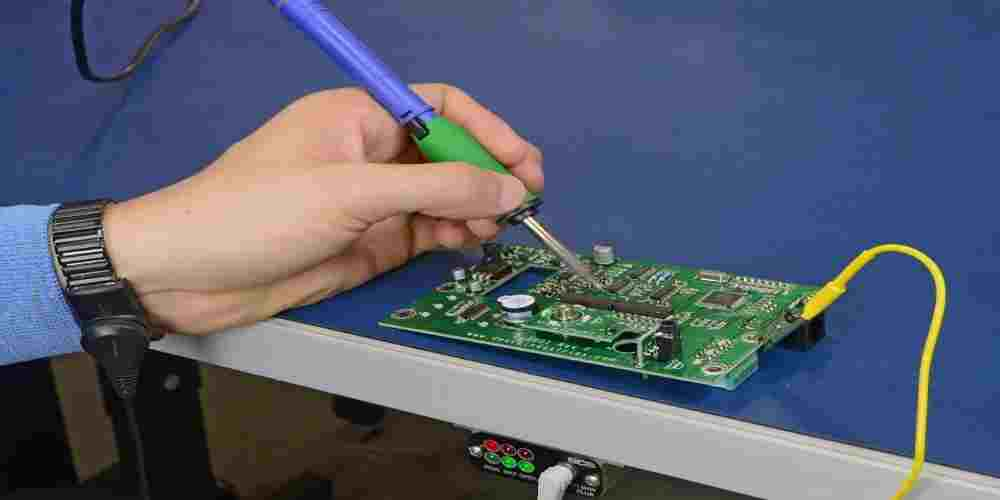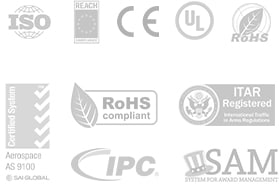Audio power capacitors are essential components in car audio systems, providing a stable supply of power to the amplifier. These capacitors are designed to store and discharge electrical energy quickly, ensuring that the amplifier receives a steady stream of power, even during periods of high demand. Without a power capacitor, the amplifier may not receive the necessary voltage to operate properly, resulting in poor sound quality or even damage to the equipment.
One of the primary benefits of using an audio power capacitor is improved sound quality. By providing a stable source of power to the amplifier, the capacitor can help to reduce distortion and noise, resulting in clearer, more accurate sound reproduction. Additionally, power capacitors can help to extend the life of the amplifier by reducing the strain on the electrical system. This can be especially important in high-powered systems that require a lot of energy to operate.

What is an Audio Power Capacitor?
An audio power capacitor is an electronic component used in audio systems to store and release electrical energy. It is designed to provide a clean and stable power supply to the amplifier, preventing distortion and noise in the audio output.
The capacitor works by charging and discharging electrical energy as needed. When the amplifier demands more power than the power supply can provide, the capacitor releases stored energy to meet the demand. Conversely, when the amplifier is not using as much power, the capacitor charges up to be ready for the next demand.
Audio power capacitors come in various sizes and capacitance values, depending on the power requirements of the audio system. They are typically rated in farads (F), with larger values indicating a higher capacity for storing electrical energy.
In addition to providing stable power to the amplifier, audio power capacitors can also improve the overall sound quality of the audio system. They can help to reduce noise and distortion caused by fluctuations in the power supply, resulting in a cleaner and more accurate audio output.
Overall, an audio power capacitor is an essential component in any high-quality audio system, providing a stable and clean power supply to the amplifier and improving the overall sound quality.
Why are Audio Power Capacitors Important?
Audio power capacitors play a crucial role in ensuring the optimal performance of audio systems. These capacitors are responsible for storing and releasing electrical energy in a timely manner, which helps to maintain a stable and consistent power supply to the audio system.
One of the most significant benefits of using audio power capacitors is the reduction of distortion in audio signals. Distortion can occur when the power supply to the audio system is not stable, leading to a fluctuation in voltage levels. Audio power capacitors help to stabilize the voltage levels, thereby reducing distortion and ensuring that the audio signals are clear and accurate.
Another important benefit of audio power capacitors is their ability to provide a reliable source of power to the audio system. This is especially crucial in high-performance audio systems that require a consistent and reliable power supply to function optimally. Audio power capacitors can also help to protect the audio system from power surges and other electrical disturbances that can cause damage to the system.
In summary, audio power capacitors are essential components in any high-performance audio system. They help to ensure a stable and consistent power supply, reduce distortion in audio signals, and provide protection against power surges and other electrical disturbances.
How to Choose the Right Audio Power Capacitor

When it comes to choosing the right audio power capacitor, there are a few key factors to consider. Here are some tips to help you make the best choice for your setup:
Capacitance
The first factor to consider is the capacitance of the capacitor. This is the amount of electrical charge that the capacitor can store. In general, a higher capacitance means that the capacitor can store more charge and provide more power to your audio system. However, it’s important to choose a capacitance that is appropriate for your specific setup, as choosing a capacitor that is too large can actually cause problems with your system.
Voltage Rating
Another important factor to consider is the voltage rating of the capacitor. This is the maximum voltage that the capacitor can handle before it fails. It’s important to choose a capacitor with a voltage rating that is appropriate for your system, as choosing a capacitor with a lower voltage rating can result in damage to your equipment.
Type of Capacitor
There are several different types of capacitors available, including electrolytic, ceramic, and film capacitors. Each type has its own advantages and disadvantages, so it’s important to choose the type that is best suited to your specific needs.
Quality
Finally, it’s important to choose a high-quality capacitor that is built to last. Look for capacitors from reputable manufacturers that are designed specifically for audio applications.
By considering these factors and choosing the right audio power capacitor for your setup, you can ensure that your audio system is running at its best and providing high-quality sound.
Installation and Maintenance Tips for Audio Power Capacitors

When it comes to installing audio power capacitors, it’s important to follow a few key tips to ensure that they are installed correctly and functioning optimally. Here are some installation and maintenance tips to keep in mind:
-
Choose the right size capacitor: Make sure to choose a capacitor that is the appropriate size for your audio system. A capacitor that is too small won’t be able to handle the power requirements of your system, while a capacitor that is too large will be a waste of money and may even cause damage to your system.
-
Install the capacitor as close to the amplifier as possible: The closer the capacitor is to the amplifier, the better it will be able to filter out any noise or interference that may be present in the system.
-
Use the right gauge wire: When wiring the capacitor, it’s important to use wire that is the appropriate gauge for the amount of power that will be flowing through it. Using wire that is too small can cause the wire to overheat and potentially cause a fire.
-
Ensure proper grounding: Make sure that the capacitor is properly grounded to prevent any electrical interference or noise from entering the system.
-
Check the capacitor regularly: It’s important to regularly check the capacitor to ensure that it is functioning properly. Look for any signs of damage or wear, and replace the capacitor if necessary.
By following these tips, you can ensure that your audio power capacitor is installed correctly and functioning optimally, providing you with the best possible audio experience.

